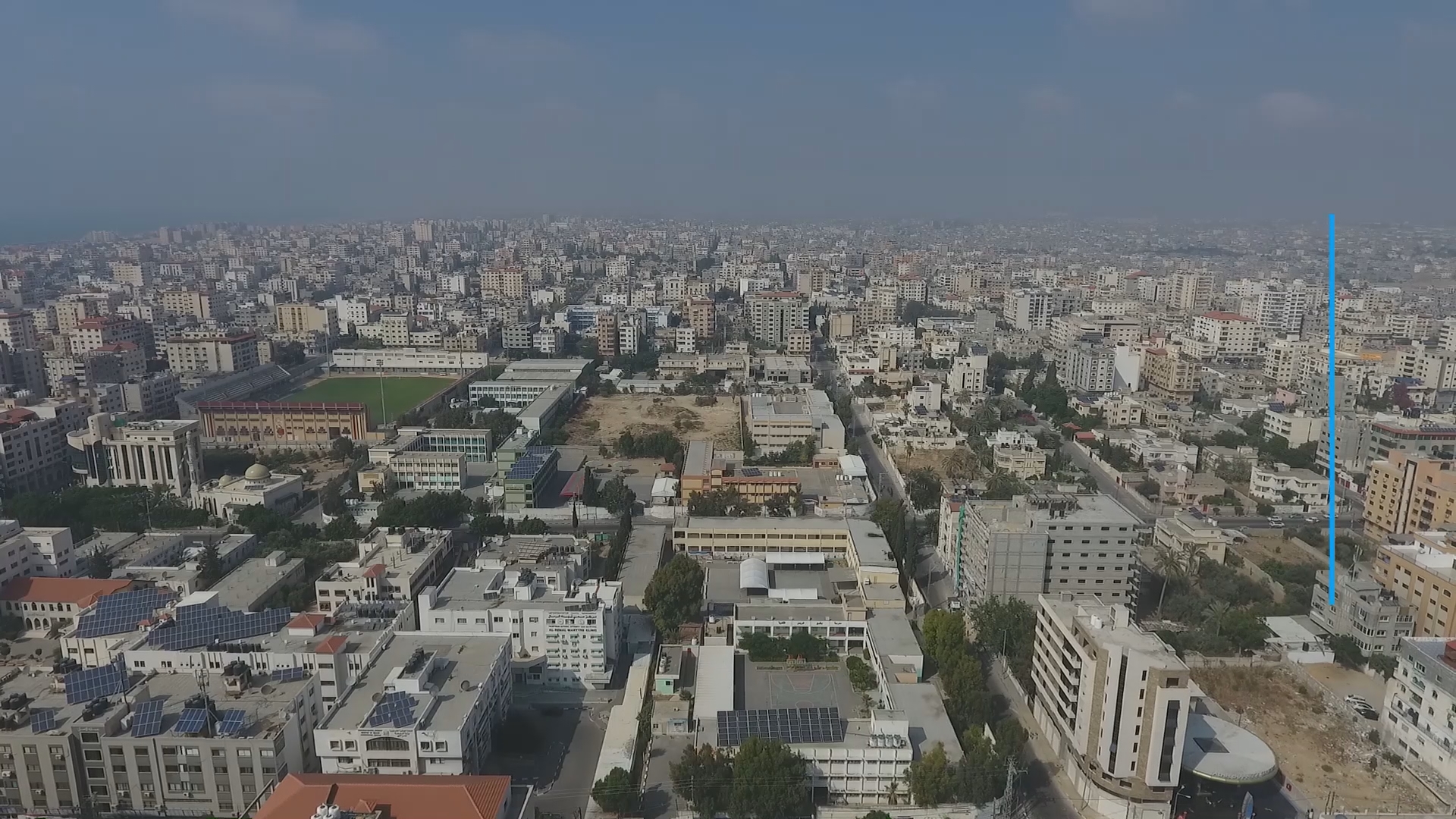Media and journalism education
DW Akademie develops cross-media and practice-oriented education and training models.
Together with partners, we train media professionals who are up to the challenges of the digital media world and drive it forward as an avant-garde.
- Date 12.04.2024
- Send us your feedback.
- Print Print this page
- Permalink https://p.dw.com/p/4MEDI














